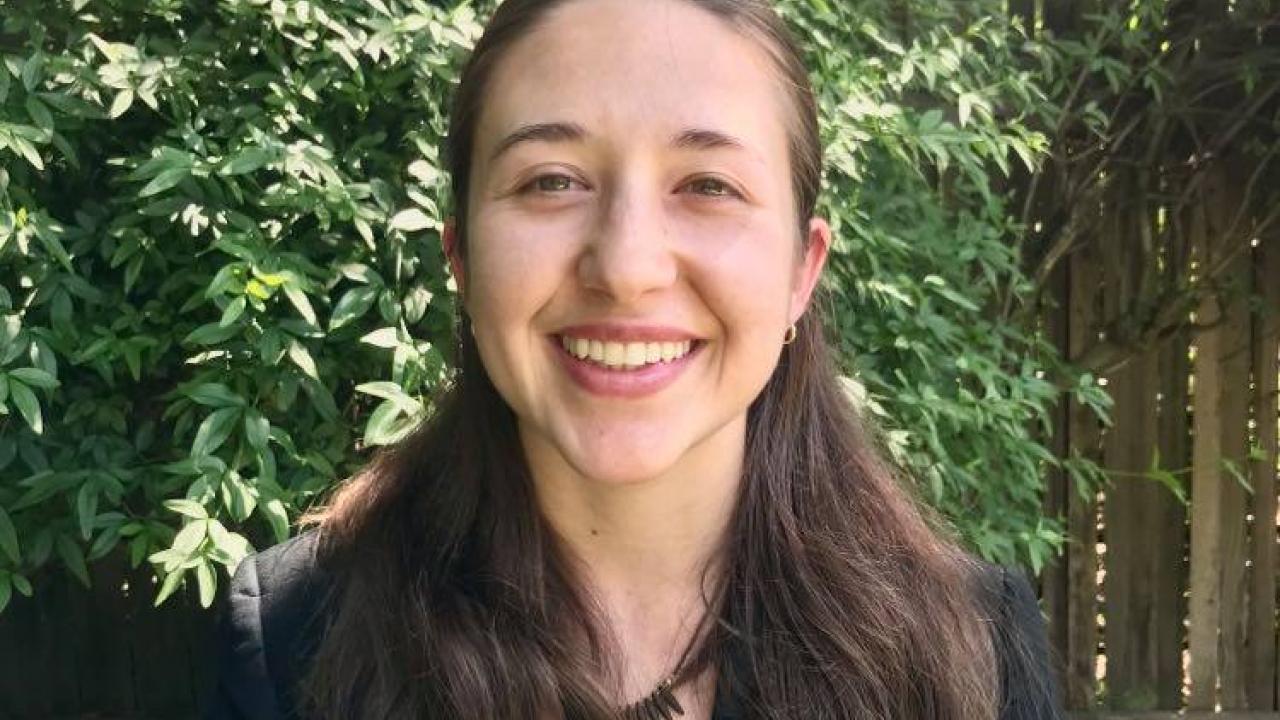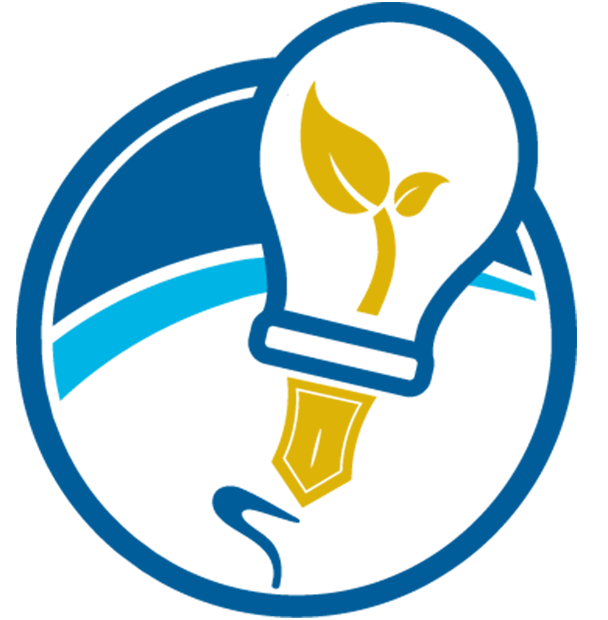
Hana Minsky
Hana Minsky, 4th-year Global Disease Biology major/Spanish minor
Email: hbminsky@ucdavis.edu
Hana’s publication: A Customizable Approach for the Enzymatic Production and Purification of Diterpenoid Natural Products
Faculty mentor: Dr. Philipp Zerbe
Hana conducts research in the Zerbe Lab, where she studies terpenes: molecules that many plants make to help them survive environmental stressors, such as drought or disease. She mainly focuses on terpenes made by maize (corn), which is not only a common food staple, but is also important for biofuels and other natural products. Learning more about how plants protect themselves from damage helps scientists to engineer resilient plants that will be able to produce more food and handle the stress of climate change.
Publishing was a challenging process, but she also found it to be very rewarding. It was an excellent opportunity to learn how to effectively communicate research results in an academic context, and she hopes that the protocol her lab optimized will be able to help other scientists with their research. She encourages other students who want to conduct research and publish their work to practice their networking skills: “Try to reach out to faculty and graduate students about opportunities in research,” she advises. “They may not have an opportunity at the moment, but they may be able to refer you to someone who does, or reach out to you in the future. Folks are always enthusiastic about their research, and will be appreciative that you are interested in becoming more involved!”
Hana is currently applying for MD-PhD programs and is on the market for gap year positions in clinical research. She hopes to pursue a career as a physician-scientist, conducting research in infectious disease biology that is informed by her clinical practice. She also hopes to continue volunteering in a healthcare setting and someday hike the Pacific Crest Trail.
What is your major/minor and year?
Major: Global Disease Biology, Minor: Spanish. Year: Senior
Tell me about your research, using terms that a non-scientist would understand.
I work in the Zerbe lab within the department of plant biology. My research focuses on terpenes, which are a class of molecules that many plants make to help themselves survive environmental stressors like drought and disease. I focus on the terpenes made by maize (corn), which aside from being a food enjoyed by many people, is also very important for biofuels and other natural products. By learning more about how plants protect themselves from damage, we can breed or engineer more resilient plants that will be able to produce more food and handle the stress of climate change.
Tell me about your future plans.
I am currently in the process of applying for MD-PhD programs and looking into gap year positions in clinical research. I hope to pursue a career as a physician-scientist and conduct research in infectious disease biology that is informed by clinical practice. I also hope to continue serving my community by volunteering in a healthcare setting. Someday, I'd also like to hike the Pacific Crest Trail!
What was it like to publish?
While the process of writing and revising was quite challenging, it was also very rewarding. I am hopeful that the protocol our lab optimized and published will be able to help other scientists in their research. I really enjoy sharing about research with my peers and community; contributing to a publication was an excellent opportunity to learn more about how to communicate research results in an academic context.
What advice do you have for other students who want to publish their work?
Try to find an area of research that you're interested in, and don't be afraid to switch around a bit! Research skills are very translatable, so even an experience in a field you don't end up working in permanently can help you learn about research fundamentals and approach challenges from different angles. Also, definitely try to reach out to faculty members and graduate students about opportunities in research. They may not have an opportunity at the moment, but they may be able to refer you to someone who does, or reach out to you in the future. From my experience, folks are always enthusiastic to talk about their research, and will be appreciative that you are interested in becoming more involved.
